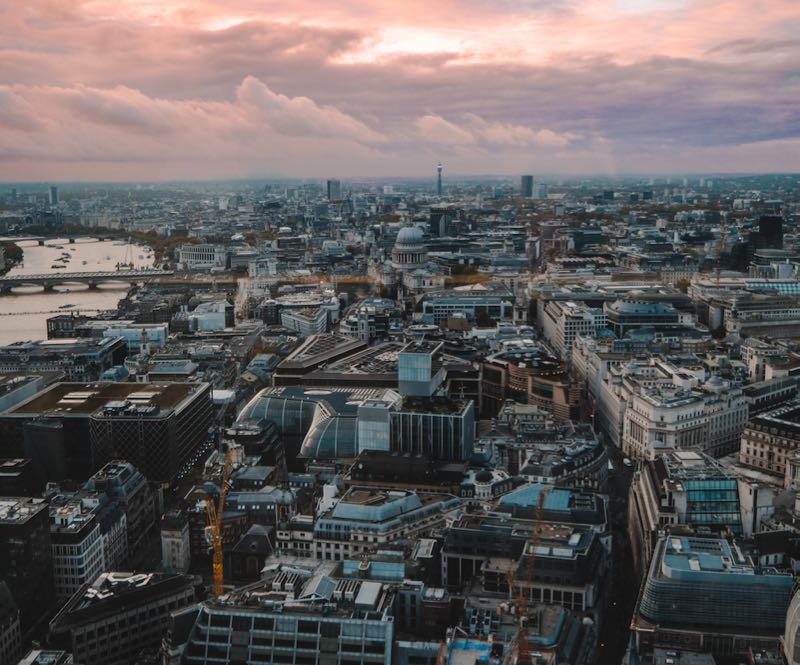Many thanks to SWLing Post contributor, David Korchin (K2WNW), for sharing the following article from The New York Times:
London’s Radio Pirates Changed Music. Then Came the Internet.
LONDON — In 1993, the illegal radio broadcasters at Kool FM came up with a plan to keep the regulators from raiding their studios.
In those days, the rooftops of South and East London still bristled with unauthorized antennas. Installed by pirate radio stations on top of public housing blocks — the city’s tallest and least secure buildings — they transmitted sounds rarely heard on the BBC or commercial stations. Kool FM was at the heart of the scene, broadcasting jungle, rave, and drum and bass music from the Hackney district of East London.
All the pirates needed was a key to the building — easy to buy off a building worker or tenant — and a cheap transmitter. But they had a problem. Illegal broadcasting is, well, illegal, and, in Britain, pirates can face up to two years in prison, unlimited fines, bans from appearing on legal stations and equipment seizures.
So the pirates at Kool FM covered their studio door with concrete. To get in, they had to scale the outside of the building, jumping from balcony to balcony, said one of the station’s founders, who declined to give his real name but who broadcasts as Eastman. On a recent afternoon, he was standing outside Kool’s current studio in a warehouse on London’s outskirts. Drum and bass sounds from a D.J. called Papa G. emanated from behind the wall.
The regulators rarely bother them now, he said, and capers like the one he described are scarce. In the early 1990s, Kool “was the in thing,” said Eastman. But he estimated that Kool has lost 90 percent of its advertising revenue since its heyday. “We’re struggling because it’s hard to raise money to keep the station going.” Kool has recently rebranded as Kool London, and started focusing more on broadcasting online, though its shows still go out on the old pirate FM frequency.
Kool’s problems are part of a broader trend: Ofcom, the British communications regulator, estimated there are now just 50 pirate stations in London, down from about 100 a decade ago, and hundreds in the 1990s, when stations were constantly starting up and shutting down. Ofcom considers this good news, because illegal broadcasters could interfere with radio frequencies used by emergency services and air traffic control, a spokesman said.[…]
[T]wo things happened that changed the landscape of underground radio: first, the internet, and second, new licenses that encouraged pirates to reinvent themselves along more official lines.[…]
Continue reading the full article at The New York Times.
Stream Kool London here:
Stream Reprezent 107.3 here:
Stream Rinse FM here:

